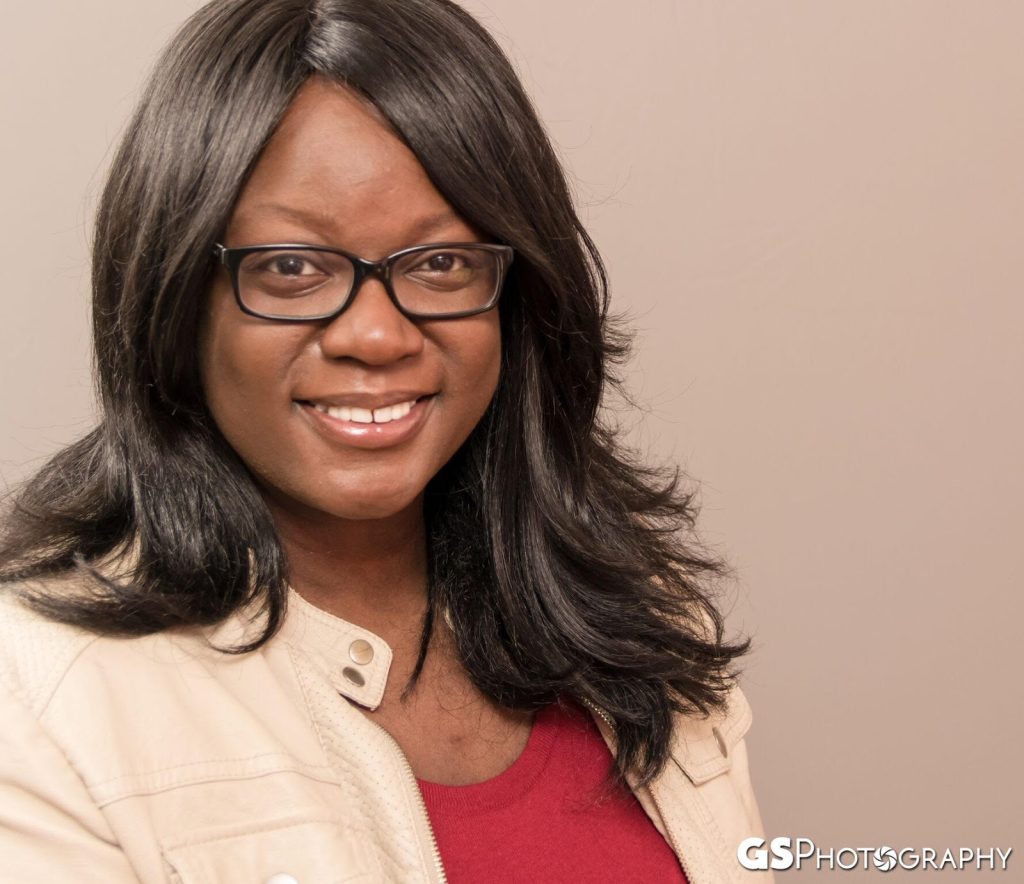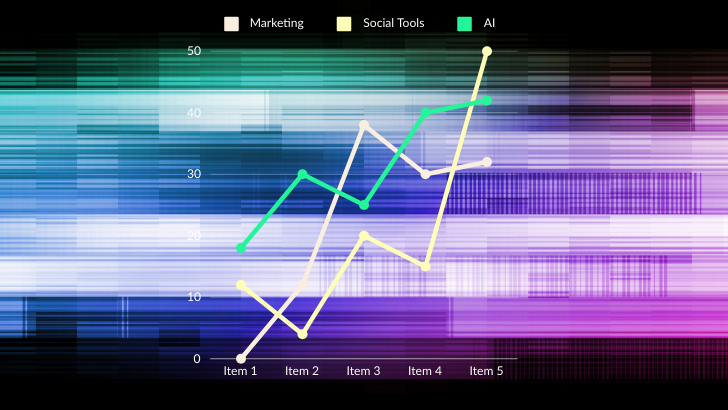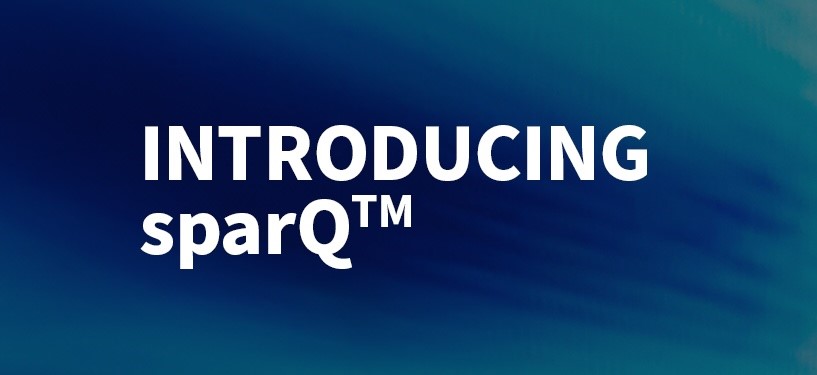When Kameelah Benjamin-Fuller, the inaugural Chief Diversity Officer & CSR Leader at PTC, started her work with the 35-year-old organization in 2020, it was at the height of the COVID-19 pandemic and in the midst of a broader national conversation around issues of race.
Benjamin-Fuller jumped right in, and just two years later in 2022, she was recognized by MassTLC with a Tech Top 50 Mosaic Award for her work on Diversity, Equity, and Inclusion. From combatting diversity fatigue to measuring success and thinking beyond race and gender, Benjamin-Fuller wholeheartedly embraces her work.
Saskia Epstein, VP of Client and Community Relations at PNC Bank – a Tech Top 50 Platinum Sponsor – sat down with Kameelah to learn more about her approach to DE&I that has worked so well for PTC. How does she define success? What is she most hoping to see as the field evolves?
Read on for more, in Kameelah’s own words.
___
Kameelah, MassTLC recognized you for your efforts and success in DEI by awarding you the 2022 Mosaic Award. Congratulations, first of all. Before we talk about that work and your career journey, could you share a bit more about PTC for those who are not familiar with the company?
Thank you so much. It was an incredible recognition, and I’m so pleased to have received it during my time at PTC. I’ve been at PTC now for almost two and a half years as the inaugural Chief Diversity Officer and CSR leader, and it has been incredibly rewarding. PTC is a global tech company, headquartered in Boston and with 35 years of heritage and innovation. We have about 7,000 employees worldwide, and we work primarily with industrial manufacturing companies who use our digital technology to improve the physical world. We do this by helping them be more innovative in their product design, their operations, and how they capitalize and maximize the potential of their workforce.
We’re a company that’s evolving and thinking about new ways to represent the work that we do. Our brand mantra is “the power to create.” Our power to create is reflected in how we support and work with our customers and partners, as well as the work that we do in diversity, equity, inclusion and corporate social responsibility and our emerging work in environmental sustainability.
You joined PTC in the early stages of the pandemic. That shows a lot of courage. It’s probably not coincidental then that you joined at a time when companies really began to invest in efforts to become more inclusive and equitable. Many companies have encountered challenges in these efforts, but PTC seems to be doing great things. Tell us about your definition of inclusion and your approach to this work at PTC.
I’ve been fascinated with culture and identity my entire academic and professional career, and I’ve had the fortune of working within global companies who have the great responsibility and reward of understanding how diversity, equity, inclusion, and belonging play out across cultures and teams. The first place that I start as a leader is thinking about diversity across a broad range of dimensions. There’s certainly a focus on the core topics that we’re most familiar with: gender, race, ethnicity, ability, age. Those are incredibly important, but there are other layers as well: geographic location, proximity to your headquarters, tenure, your role in the organization, all are important too. The first thing that we try to do is make sure that everyone can understand how they’re part of the DEI story, because dimensions of diversity are complex and layered.
“There’s certainly a focus on the core topics that we’re most familiar with: gender, race, ethnicity, ability, age. Those are incredibly important, but there are other layers as well: geographic location, proximity to your headquarters, tenure, your role in the organization, all are important too.”
Whether or not a company is incredibly diverse, meaning you have representation from many different dimensions, inclusion is critical. Companies need to think about the health of their organization. Is it psychologically safe? Is it a place where people can thrive, where they understand what success can be and feel that they’re supported, where there are efforts to mitigate preferential treatment and bias? If that doesn’t happen across the board, it’s hard then to bake in the nuances of what happens when you have a more diverse population.
There are tons of studies that say diversity gives a boost in terms of productivity output possibilities, but if it’s not managed well, it can be even more challenging to navigate. Before even thinking about the types of topics that have been trending over the past couple of years, particularly race, you have to think about the complexities of a multinational company entering new markets and working across cultures. Inclusion is a broader exercise that should include all of your employees and should happen whether or not you have met your diversity goals.
Then there’s equity. Welcoming people from diverse backgrounds into your organization is only part of the equation. It doesn’t address readiness. Are you are set up to support their success and help them do their best work? If you are building a strategy for partners or customers in different markets, you’re not going to use one approach across all regions, right? You use data and hopefully some form of collaborative design to get a strategy that works for that specific team, group, or market.
All of those things are part of what drives our strategy at PTC. During my first couple of months at PTC, we spent time seeking to understand where we were in the journey. It’s a company with a lot of history and a lot of opportunity. To really get at DEI work, our leaders needed to spend more time listening and more time in the empathy space, because the external climate then was quite a sensitive one on many fronts – from social injustice to politics to the pandemic. We are still doing that work.
PTC is global, but you’re rooted here locally. How do you think the local tech ecosystem is doing when it comes to DE&I?
We’re keeping pace with other companies. There are many organizations and leaders in the Boston ecosystem, both in the social justice space and the community space, as well as within the businesses that operate here, that care deeply about seeing this work succeed in Boston. There’s a steady pressure that I feel from peers; we’re holding each other accountable around the work.
We understand Boston has a complicated history when it comes to race and ethnicity. The general guidance I give all folks in this space is to carefully manage how and when you dispense your emotional energy. It can be hard to stay the course. Overall, I believe we are heading in the right direction and I’m encouraged by the greater Boston community that inspires companies like ours.
How do you battle the fatigue that comes along with slow progress?
Sometimes there is a misperception that we’re moving towards some end state, but I don’t see this work having an end. It is an ongoing effort to be agile, guide, move, coach, and drive organizations through the complexities and opportunities that diversity offers.
Even if you don’t have major disruptors, there’s the everyday operation of an organization that requires thinking about talent, customers, partners, investors, and community. All these pieces are part of the DEI equation. That’s ongoing work. When I measure progress, I measure if we are moving on a particular target. The work overall, you can’t watch the clock on it, you just have to be in it.
Some of this is slow because this is not just transforming a business process or introducing a new system, it’s also impacting how people think and their worldview. This requires a deep level of patience.
What helps me not fall into the fatigue trap is to see this work as a journey that’s going to take us along different paths with twists and turns as we make progress forward. Sometimes we will take a step back, and in those steps back, we reflect and learn; then we reset and move forward again. Missteps will happen, but again, we just focus on staying the course.
What are some of the accomplishments that you’re most proud of as you look back over the past year or two?
I am incredibly impressed with the commitment of our leadership team to keep this work as a corporate initiative priority. Where we might see some organizations pulling back or readjusting, at PTC we’ve decided DEI is going to continue to be a corporate priority for us. The strategy that we have developed and the moves that we’re making are deeply considered and supported by our most senior leaders.
I’m also really pleased with how we’ve been able to support our leaders in deepening their understanding of different dimensions of diversity. Our CEO does a quarterly rotational program with our ERGs (Employee Resource Groups) as a guest executive sponsor. It’s a powerful model and has helped him better understand what’s happening within those groups. It also provides forums for our DEI champions and ambassadors globally to talk about their opportunities challenges wins, and concerns. We haven’t been afraid to create space for tough conversations.
“We haven’t been afraid to create space for tough conversations.”
We’ve also strengthened our community presence. Before I joined, PTC already had done wonderful work in the communities where we operate, and we’ve since been able to formalize those partnerships and investments through both our DEI work and social impact efforts. Lastly, I’m proud of the willingness here to make changes around policies and programs that needed to be refreshed or reimagined to be more inclusive. There’s an openness and willingness to change, and that’s half the battle.
What are some of the things that you’re hoping to accomplish over the next year or two?
One of our priorities is to continue to build on our data and increase transparency around our goals. We’re about two years into that work and when I started, we spent a lot of time asking, “What are we trying to accomplish?” This can be hard in a climate of reactive energy. That was the vibe in 2020. Beyond creating a plan for “right now,” we sought sustainability. We focused on outlining our priorities and spent time in discovery working out a few theories. This fiscal year, we’re excited to take the next step, implement accountability tools, and communicate that out to our broader ecosystem.
We also have a continued focus on learning and enablement. I’ve mentioned before that psychological safety should be foundational to DEI. That’s our approach at PTC. We’re also offering more inclusive leadership and conscious inclusion learning experiences for our leaders and broader population. We’re also looking at equity programs and thinking about how we can get even better at career development. It’s a priority for us to think about building these career-best experiences in an equitable way across our employee population.
Where do you see DE&I work heading in the future? What do you think will be the biggest challenges in the years ahead, and do you have any insights about creative solutions that could surface? What do you hope to see?
DEI leaders and leaders of organizations in general will be pulled into a deeper conversation around accessibility, inclusive design, and disability inclusion. This is incredibly important work, and a deeper dive into it, I believe, is coming. It’s an area that has traditionally been under-promoted, and it’s time to change that.
With the evolution of ESG, there is notable improvement around standards, practices, and metrics in DEI and social impact. Beyond hollow representation targets, there’s more sophistication around retention strategies, inclusive practices, navigating across markets, cultural dexterity, community investment and engagement, supplier diversity, product design, etc.
I’m hopeful that DEI as a discipline is better understood over time. Often the work is limited to running ERGs or chasing unrealistic talent acquisition goals. On any given day, DEI leaders work across all pillars – talent, partner/customer, community, and investors. DEI is one of the most dynamic roles in a business and impacts all parts of the business. When that work is fully activated with investment and expertise… it’s a gamechanger.
___




